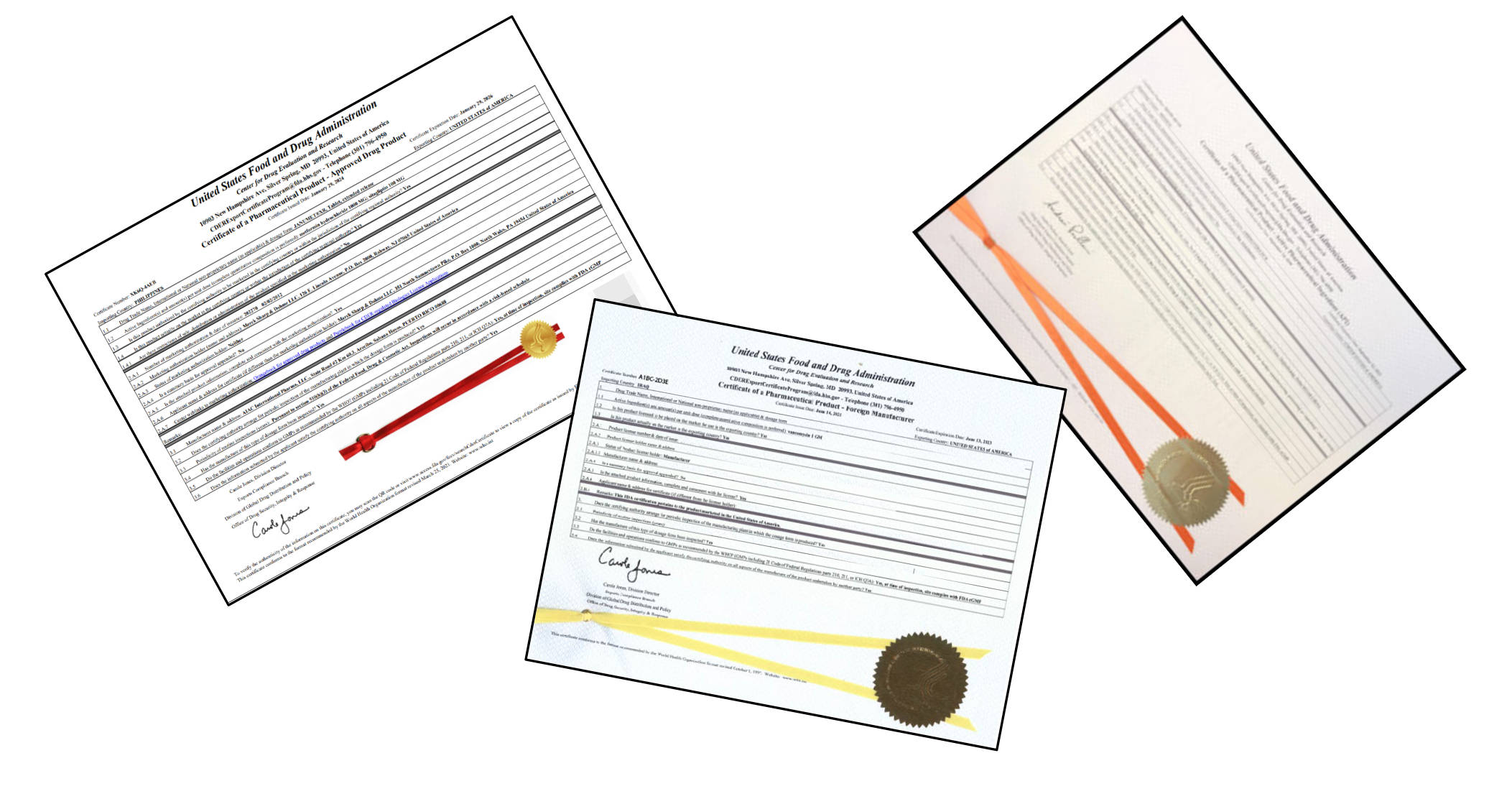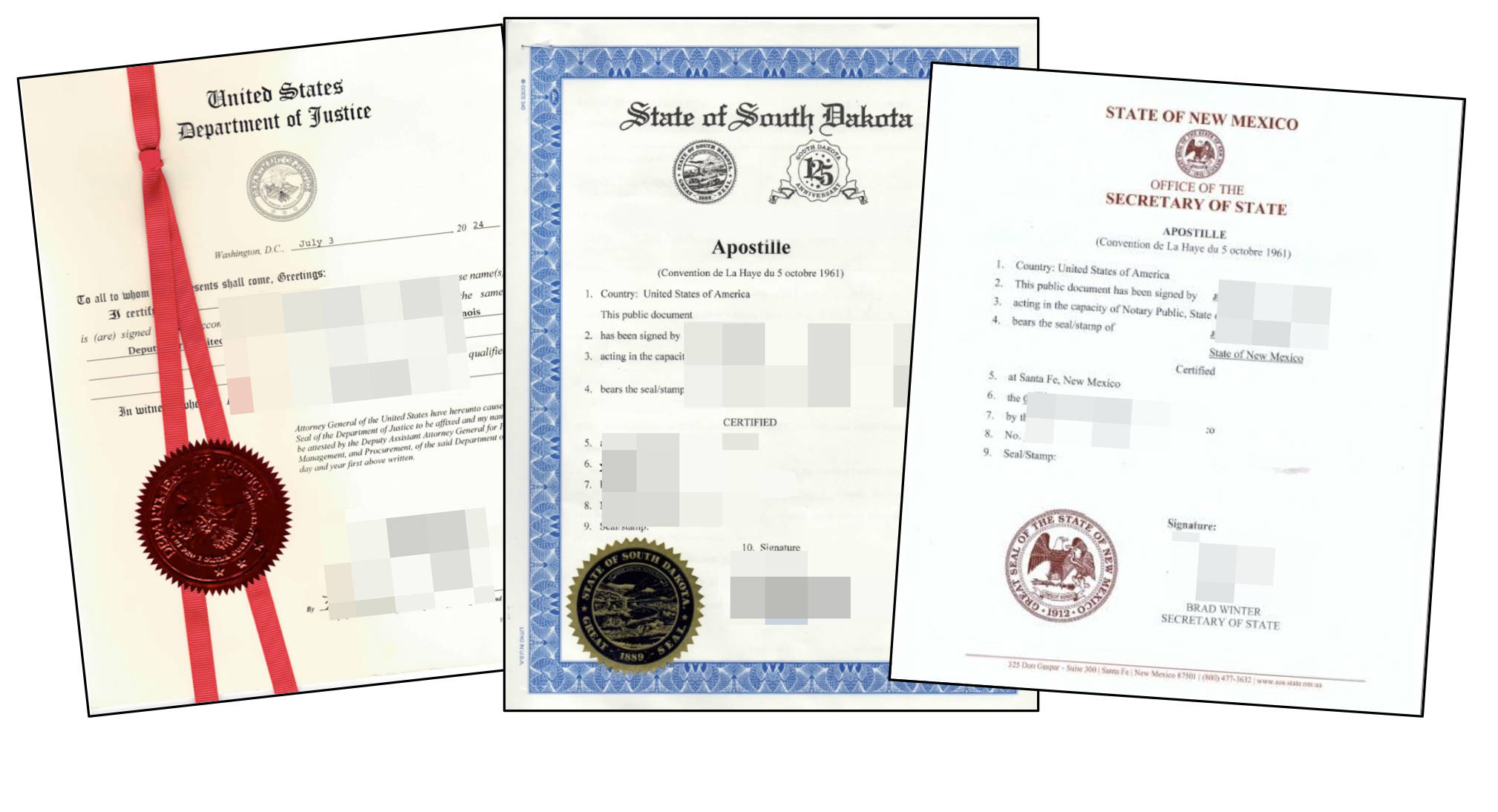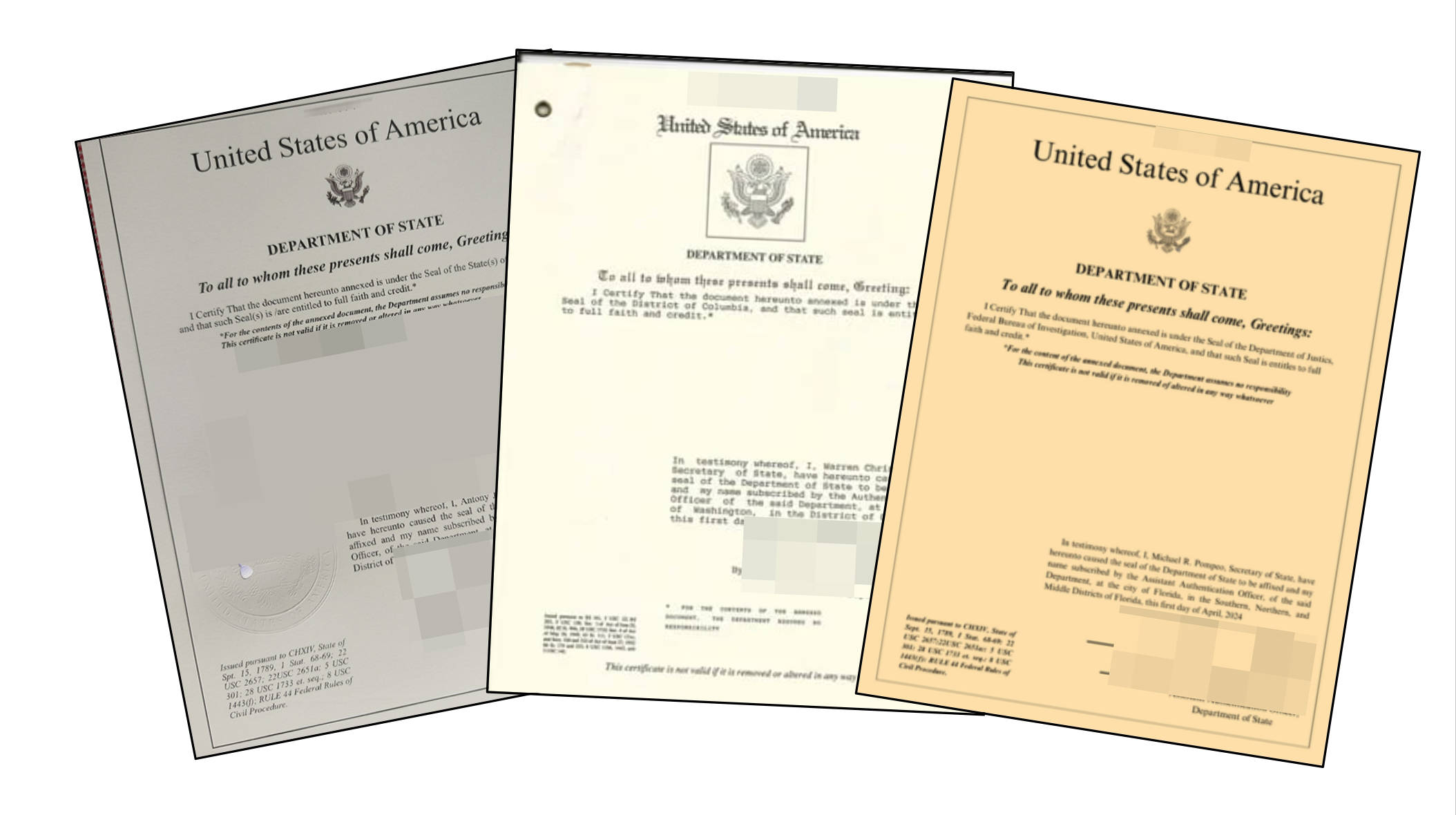Hague certification for U.S. pharmaceutical certificates, consulate authentication.
- What is the U.S. Certificate of Pharmaceutical Products (CPP)?
- Case of the U.S. Certificate of Pharmaceutical Products (CPP)
- What is U.S. Hague Certification (Apostille)?
- What is U.S. Consulate Authentication (Authentication)?
- Washington, D.C. Notary Office Provides Authentication Services
- Apostille Sample
- Authentication Sample

Cross-border pharmaceutical trade is becoming increasingly frequent, and pharmaceutical certificates are an essential part of international trade. The U.S. Certificate of Pharmaceutical Products (CPP) and its related Hague certification and consulate authentication play a crucial role in ensuring the legality and credibility of pharmaceuticals. The following questions will help you gain a deeper understanding of this process and its significance.
What is the U.S. Certificate of Pharmaceutical Products (CPP)?
The U.S. Certificate of Pharmaceutical Products (CPP) is an official document issued by the U.S. Food and Drug Administration (FDA) or other authorized agencies. This certificate verifies the legal registration and approval status of a pharmaceutical product in the United States and serves as a key requirement for selling the drug in other countries or conducting clinical trials. The CPP not only provides details on the drug’s production and quality control standards but also includes its registration information and approval status.
Case of the U.S. Certificate of Pharmaceutical Products (CPP)
The U.S. Certificate of Pharmaceutical Products (CPP) is actually quite important. For example, if you want to sell your pharmaceutical product overseas or prove to foreign drug regulatory authorities that your product is legally manufactured and sold in the United States, you first need to obtain an official CPP from a U.S. regulatory agency.
Typically, this certificate is issued by the U.S. Food and Drug Administration (FDA), a federal agency based in Washington, D.C. In simple terms, the FDA conducts a full review of your drug and then provides an official endorsement stating: This drug is legally manufactured and sold in the U.S., and its quality, safety, and composition comply with regulations.
Since Washington, D.C. is the political and administrative center of the U.S., and the FDA headquarters is located there, certificates issued from this location carry strong authority and credibility.
With a U.S. Certificate of Pharmaceutical Products (CPP), expanding your business to other countries becomes much smoother.
For example, if you want to introduce a U.S.-manufactured prescription drug into the Chinese market, you first need to prove to China’s drug regulatory authorities that your product is legally approved in the U.S. This is where the CPP becomes a key document.
In the past, when China reviewed foreign documents, consular authentication was required, which made the process time-consuming and complicated. However, on March 8, 2023, China officially joined the Convention Abolishing the Requirement of Legalization for Foreign Public Documents, which took effect on November 7, 2023. This means that foreign documents, such as the U.S. CPP, only need an Apostille (Hague certification) to be recognized in China. This change has significantly streamlined the process, reducing paperwork and saving time and effort.
Why Entrust the “Washington, D.C. Notary Office” to Handle the Application?
There are very practical reasons behind this.First, if you’re in the U.S., you may not be located in Washington, D.C., or you may not be familiar with the local procedures, policies, and regulations. Even if you are in the U.S., dealing with multiple government agencies—especially the FDA and Washington-based authorities—is not an easy or straightforward task.
This is where experienced notarization and authentication agencies come in. They are well-versed in local policies, know exactly which department and office to approach, and can efficiently get your U.S. Certificate of Pharmaceutical Products (CPP) authenticated with an Apostille (Hague certification).
Additionally, these agencies can help ensure that the certified document is safely delivered to China, allowing you to use it for drug registration or market approval applications. The end result is that the documents you submit to Chinese regulatory authorities come with internationally recognized authentication, making it easier for them to approve and recognize your pharmaceutical product. This, in turn, facilitates smoother drug sales, promotions, and collaborations with medical institutions in China, reducing unnecessary hurdles in the process.
y applying for the Hague certification of the U.S. Certificate of Pharmaceutical Products (CPP) through the Washington, D.C. Notary Office, clients can obtain an internationally recognized official document. This helps them bypass the complex traditional consular authentication process and accelerates drug approval and market entry in China. The entire process makes cross-border drug registration and distribution much smoother.
The underlying logic is simple: with a U.S.-issued, Hague-certified pharmaceutical certificate, Chinese government agencies can more confidently recognize the drug’s quality and legality, saving time and effort for all parties involved. As a result, clients highly appreciate the services of professional agencies like the Washington, D.C. Notary Office.
We share case studies to help readers better understand the process and its practical applications. Please note that any company names or personal names mentioned in this document are entirely fictional. Any resemblance to real companies or individuals is purely coincidental. These case studies are provided for reference only, offering a framework for consideration and decision-making. When using this information, please carefully assess your own situation and seek professional advice or further verification if necessary.
What is U.S. Hague Certification (Apostille)?
Hague certification, also known as Apostille, is an international form of authentication that verifies the validity of a document in one country so that it can be recognized in other member countries of the Hague Convention. This certification is commonly used for official documents, legal papers, and important records such as pharmaceutical certificates to ensure their legal validity in international transactions.
In the United States, Apostille certification is issued by state governments or authorized federal agencies, depending on the type of document.
What is U.S. Consulate Authentication (Authentication)?
When a U.S. document needs to be used in a country that is not a member of the Hague Convention, it requires consulate authentication, also known as Authentication. This process ensures the document’s legal validity abroad and is a more rigorous verification method compared to Hague certification (Apostille).
The authentication process typically involves verifying the authenticity of the document, as well as confirming that all signatures and seals are legitimate and valid.
Washington, D.C. Notary Office Provides Authentication Services
For U.S. pharmaceutical certificates that require Hague certification (Apostille) or consulate authentication, the Washington, D.C. Notary Office offers comprehensive processing services. From preparing the necessary documents to ensuring compliance with all legal requirements, our team provides professional and efficient assistance. No matter where your documents need to be sent globally, we ensure they are authenticated quickly and accurately.
Through the explanations above, we hope you now have a clear understanding of the U.S. Certificate of Pharmaceutical Products (CPP) and its related Hague and consulate authentication processes. These certifications play a crucial role in the smooth operation of the international pharmaceutical market, ensuring that drugs meet legal and safety standards and are widely recognized worldwide.
Apostille Sample

Authentication Sample
